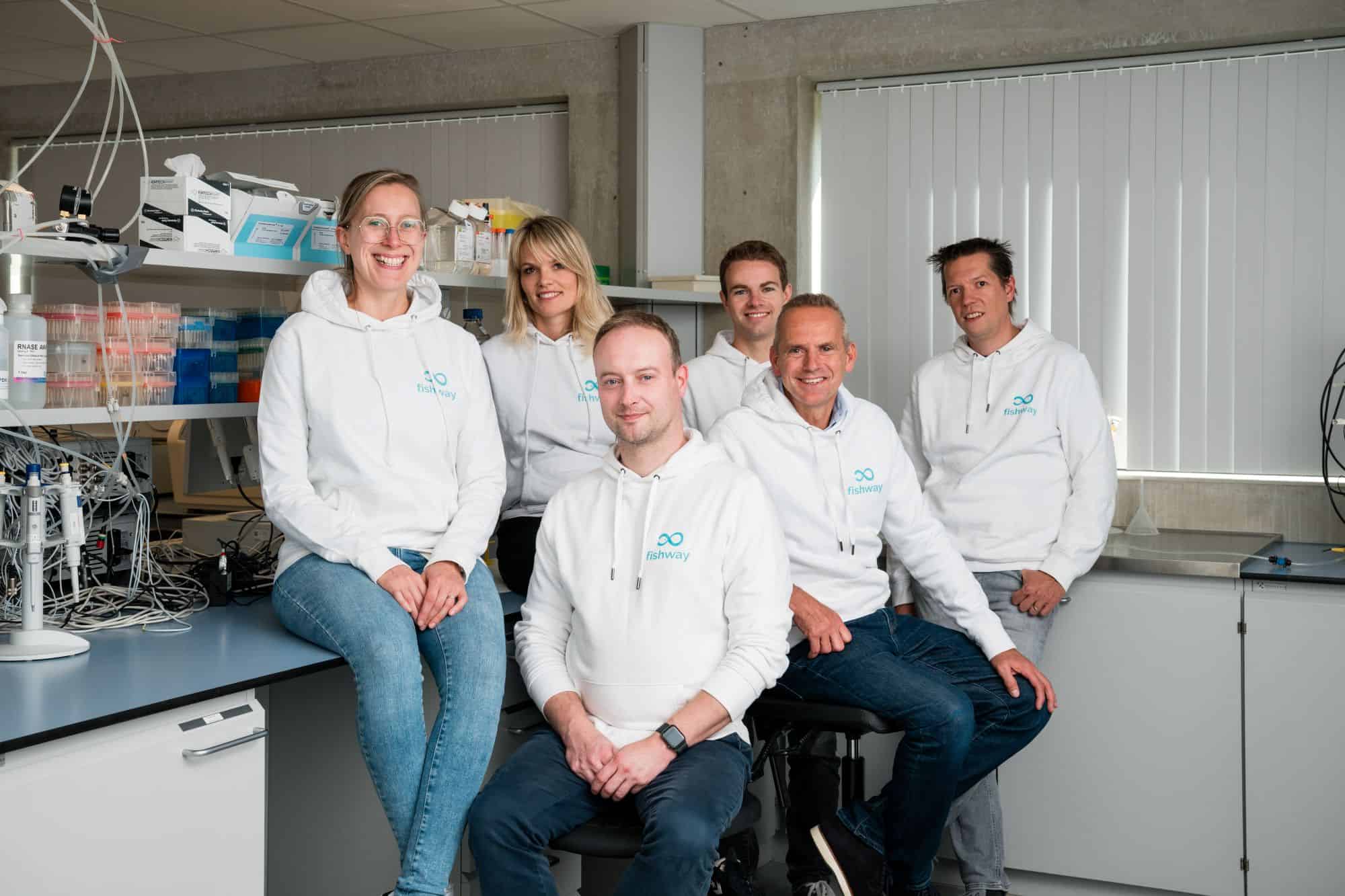Swedish food tech company Millow has commissioned its first large-scale facility after three decades of research.
Said to be the first of its kind worldwide, the factory will turn mycelium and Nordic oats into a clean-label, beef-like protein. Each production line in the 2,500 m² site, which was formerly a LEGO production hall, will deliver up to 500 kg of protein per day once fully outfitted later this year.
The building also houses what is claimed to be one of Europe’s most advanced fermentation and food laboratories. The commissioning of the facility has been made possible by an initial €2.5 million grant from the European Innovation Council, which is part of a €17.5 million blended‑finance package.
“Critics say plant meat failed on taste and transparency; this factory shows we can solve both at industrial scale,” said Millow’s Chair, Dr Staffan Hillberg.

Highly sustainable process
Millow’s protein is made using a patented dry‑state fermentation process. Oats and mycelium are the only ingredients, and the products are rich in complete protein, fiber, vitamins, and minerals.
Furthermore, the meat alternatives are said to be highly sustainable — Millow’s proprietary S‑Unit bioreactors reportedly cut energy demand to one‑third that of conventional fermentation lines. Water use is claimed to be 95% lower than standard mycelium processes, while switching from beef to Millow’s protein is said to reduce greenhouse‑gas emissions by up to 97%.
Additionally, Millow says repurposing the LEGO facility has avoided roughly 1,400 tonnes of embedded CO₂.
“Our platform can swap grain substrates overnight, allowing any region to grow its own advanced protein with minimal resources,” said Millow’s scientific founder, Professor Mohammad Taherzadeh.




